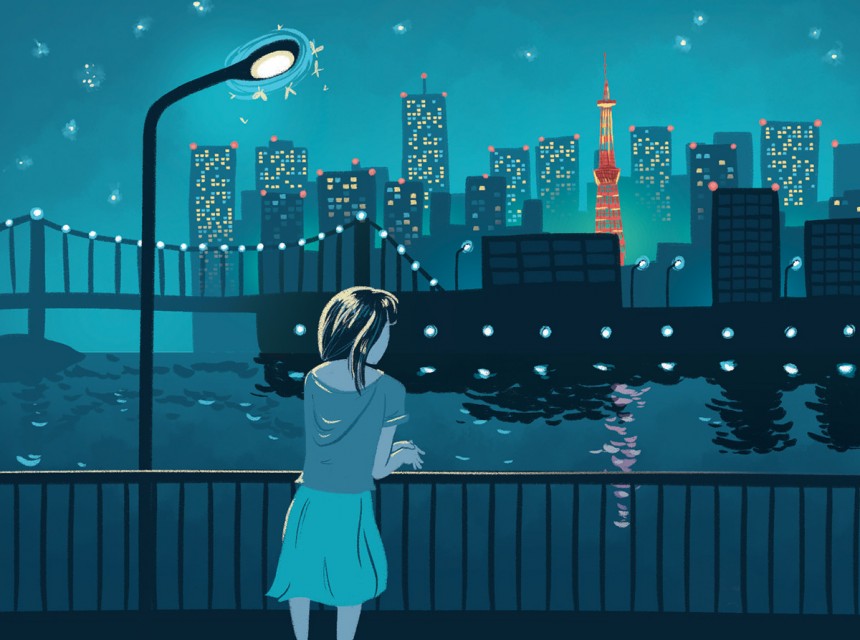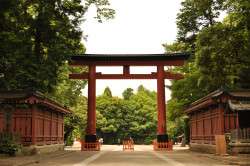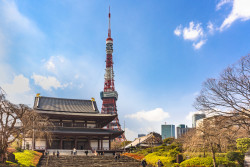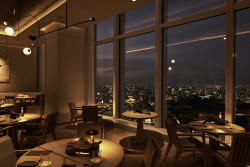
While perusing the internet for research, I came across a Daily Mail article claiming Tokyo to be 2015’s most livable city, boasting “a high quality of life” compared to more obvious selections such as London or New York.
These polls and ratings give very little insight into the things we deem beneficial to the quality of our lives and overall happiness. “Happiness” is a predominantly subjective construct, solely dependent upon the hopes and interests of each and every person.
According to these “quality of life” surveys, the priorities integral for us to flourish reportedly include cost of living, efficiency of public services, crime rate, and public health—including life expectancy. If these issues are in fact topping your list of worries and concerns, then I wholeheartedly agree that Tokyo is the utopian state it’s claimed to be.
On the other hand, if you, like me and most people, attach cultural and emotional importance to such frivolities as hugs, kisses, honesty, open-mindedness, tolerance, personal space, variety, compassion, ambition, individualism, etc.; maybe think twice.
Not to belittle the essential and instinctive need for amenities and services of modern-day life, but my simple inquiry is: where are the other criteria? Where’s the unbiased consideration of mental health?
Japan pays little attention to mental illness, labeling it as a self-made, personally-defined inconvenience—a reminder that, despite society’s tireless efforts, we haven’t been transformed into robots just quite yet.
For this narrow-minded, uncomprehending belief to be the generally accepted norm, in a city claiming to be of humble Buddhist persuasion, is almost—but not quite—laughable.
A denial of the Buddhist teachings of an unbreakable bond of intertwined connections between body and mind in all we see and do provides unequivocal evidence of this “safe and clean” city’s inhabitants’ reticence towards freedom of thought.
Bearing an uncanny resemblance to the treatment of war veterans of older generations, whose psychological torment went virtually untreated, mental instability is an ever-present, easily distinguishable stain on Tokyo and its communities.
When existing and working in conditions undeniably conducive to loneliness, is psychological infirmity—now an epidemic—really born of an individual’s perceived unwillingness to better his or her circumstances?
In the Dark Ages, stigmatization of the slightest brain variance could result in the administration of shock treatment, much in the way those working 12-hour days in Tokyo—and feeling the obvious physical and psychological strains—are plied with alcohol, medicine, tobacco, more medicine, caffeine, and a lot more medicine, to numb them to the inhumane practices they are subjected to daily.
If Tokyo is the paradise it’s hailed to be, why does it maintain a terrifyingly high suicide rate?
Consider Seoul’s imitation of Tokyo’s working and social systems and their impressive emergence from anonymity to the number-one spot in the “world suicide rate” league. Is this simply coincidental? Or can conclusions be drawn linking these similarly-constructed societies and the symptoms of their respective levels of “progress”?
As reported by BBC News’ Lucy Williamson in 2011, South Korea’s suicide rate had risen fivefold since 1989, highlighting a clear, undoubted connection to the country’s economic growth. This number continues to rise and shows no signs of falling.
Though the governments and major corporations of this world will not thank me for informing you of this, the simple truth is, what makes us truly happy is the same thing that made us happy a thousand years ago.
We want to feel valued and have a sense of belonging, a feeling that’s alien and unfamiliar to many calling Tokyo home.







